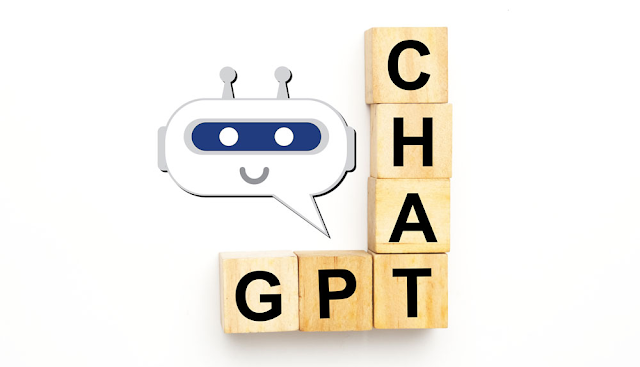Revolutionising Domestic Helper Training: The Role of AI Chatbots
Have you ever wondered if AI chatbots could assist domestic helpers in their daily tasks and skill development? Well, let's dive into the potential benefits and challenges of incorporating artificial intelligence, particularly AI-powered chatbots like ChatGPT and Google's Bard, into the domestic help industry.
Currently, if you were to ask ChatGPT if helpers are entitled to public holidays for example, you will get a "Yes" in response. That's not accurate and depends on the terms and conditions specified in the employment contract. While AI chatbots have their quirks, it's essential to look beyond a single misleading answer. Like any information source, they can have inaccuracies. So, how does this connect to our domestic helpers? Keep reading.
1. Language Translation and Communication:
New domestic helpers often face language barriers. AI chatbots like ChatGPT can bridge this gap by providing instant translation, allowing helpers to communicate effectively in their language. With capabilities in over 95 languages, including spoken responses, it becomes a powerful language learning tool.
2. Learning Resources:
When a helper encounters a task they're unfamiliar with, AI chatbots can recommend online resources or instructional videos like those on Step Up. For instance, they can guide on using specific cleaning products or techniques. The chatbot's image upload feature can even identify objects, making learning more interactive. A simple photo of a vegetable can lead to recipe suggestions.
3. Emotional Support:
The humanlike conversational style of AI chatbots makes them approachable. Helpers can 'talk' to the chatbot, receiving a listening ear and emotional support—particularly valuable for those feeling isolated or overwhelmed.
4. Cultural and Legal Resources:
New helpers in a foreign country, like Singapore, may struggle with cultural adjustments. AI chatbots can offer insights into local customs and traditions, helping them adapt and feel more at ease. Additionally, they provide information on labour rights, regulations, and legal resources, empowering helpers to be aware of their rights.
QuizMaker Quizzes
Enhancing Efficiency and Skill Sets
The use of AI is gaining traction in various industries, and the domestic help sector is no exception. AI can simplify tasks for domestic helpers, from scheduling reminders for essential duties like picking up children to ensuring timely medication for the elderly. Let's explore how these chatbots can contribute to efficiency, skill enhancement and overall helper’s well-being.1. Language Translation and Communication:
New domestic helpers often face language barriers. AI chatbots like ChatGPT can bridge this gap by providing instant translation, allowing helpers to communicate effectively in their language. With capabilities in over 95 languages, including spoken responses, it becomes a powerful language learning tool.
2. Learning Resources:
When a helper encounters a task they're unfamiliar with, AI chatbots can recommend online resources or instructional videos like those on Step Up. For instance, they can guide on using specific cleaning products or techniques. The chatbot's image upload feature can even identify objects, making learning more interactive. A simple photo of a vegetable can lead to recipe suggestions.
3. Emotional Support:
The humanlike conversational style of AI chatbots makes them approachable. Helpers can 'talk' to the chatbot, receiving a listening ear and emotional support—particularly valuable for those feeling isolated or overwhelmed.
4. Cultural and Legal Resources:
New helpers in a foreign country, like Singapore, may struggle with cultural adjustments. AI chatbots can offer insights into local customs and traditions, helping them adapt and feel more at ease. Additionally, they provide information on labour rights, regulations, and legal resources, empowering helpers to be aware of their rights.
Adapting to Changing Times
Some resourceful helpers already turn to social media groups for answers from a community of helpers and employers. For the more reserved or those valuing privacy, AI chatbots offer a viable alternative.Overcoming Limitation
While current AI chatbots serve well for general training and language translation, achieving 100% accuracy requires industry-specific training. We're on the path to developing AI tools tailored for domestic helpers, but there's work to be done.Looking Ahead
Do AI chatbots hold the key to training better domestic helpers? It's a question worth exploring. Cast your vote below and stay tuned for the evolving role of AI in transforming the domestic help industry. The future is promising, and with continued advancements, AI chatbots might just become indispensable allies in nurturing skilled and empowered domestic helpers.QuizMaker Quizzes



